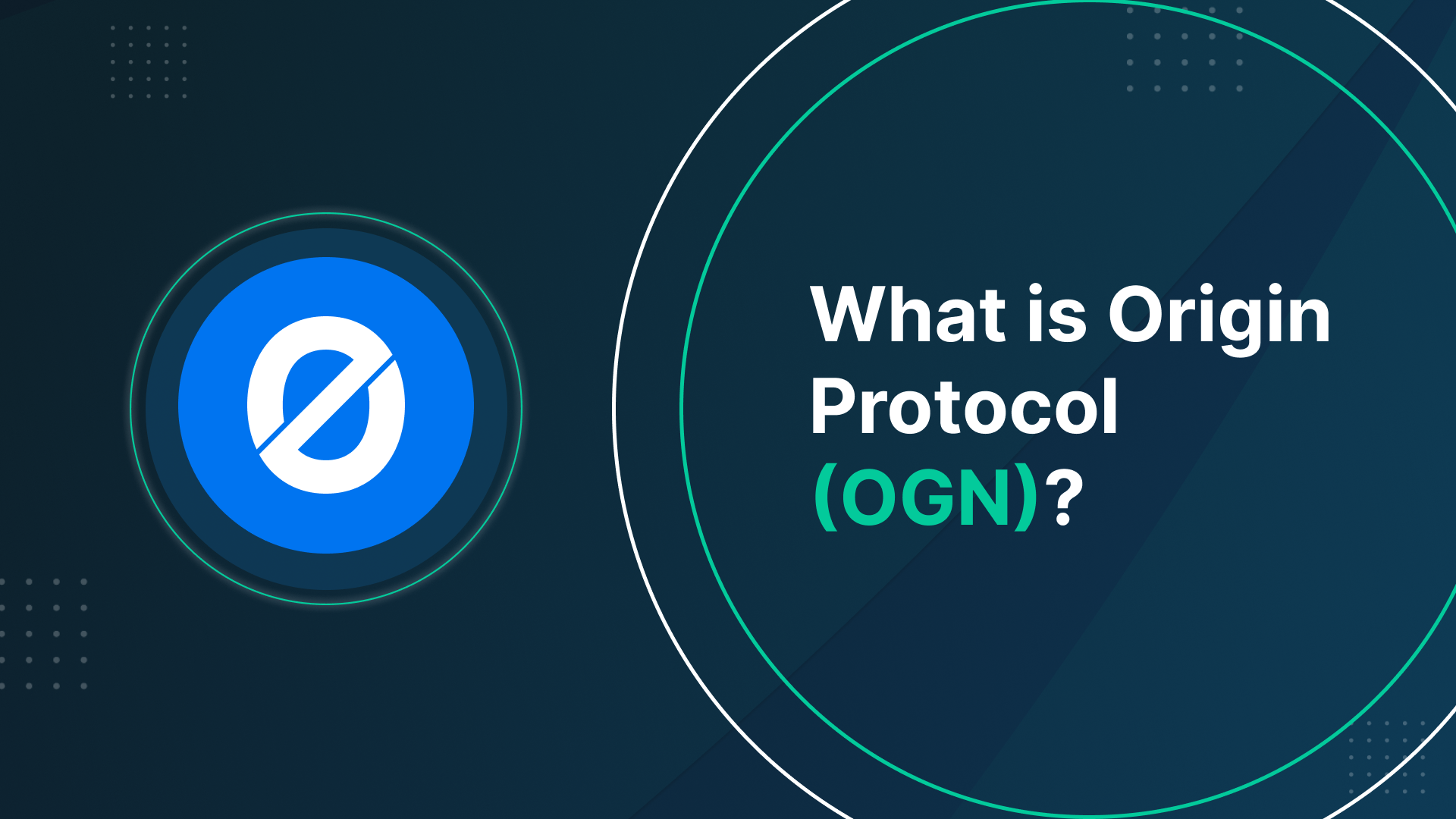
10 Feb What is Origin Protocol (OGN)?
Origin Protocol (OGN) is a long-standing project in the Ethereum decentralized finance (DeFi) space, focused on creating economic opportunities through permissionless multichain protocols. The protocol’s suite of products is designed to enhance yield generation, featuring notable assets such as Origin Ether (OETH) and Origin Dollar (OUSD). These products integrate seamlessly across the DeFi ecosystem, allowing users to earn and compound returns on-chain. Central to Origin Protocol’s functionality is the Automated Redemption Manager (ARM), which provides deep liquidity for redeemable assets, enabling near-zero slippage swaps.
At the heart of Origin Protocol are its innovative yield-generating products. OETH is a liquid staking token that maintains a strong peg and offers broad composability, making it an ideal asset for DeFi strategies. Users can mint OETH by depositing ETH, which is then staked on the Beacon Chain, with staking rewards distributed back to users. Similarly, OUSD is a yield-bearing stablecoin fully collateralized by reserves of USDT, USDC, and DAI. OUSD’s rebasing model automatically distributes rewards to holders, eliminating the need for manual claims and lockups, thereby enhancing user convenience.
The Origin Protocol ecosystem is underpinned by the Origin Token (OGN), which serves as the governance and value-accrual token. Users can stake OGN to receive xOGN, gaining a share of the protocol’s revenue and voting rights in the governance process. The staking model allows OGN holders to lock their tokens for periods ranging from one month to one year, with rewards proportional to the amount and duration of the stake. This structure not only incentivizes long-term participation but also aligns the interests of the community with the protocol’s growth.
The team behind Origin Protocol comprises experienced entrepreneurs and professionals from major tech firms like PayPal, YouTube, Google, and Dropbox. The project has garnered support from prominent investors such as Pantera Capital and Foundation Capital, alongside notable individuals like Steve Chen, co-founder of YouTube, and Alexis Ohanian, co-founder of Reddit. This strong backing underscores the credibility and potential of Origin Protocol in the DeFi landscape, as it continues to develop innovative solutions for yield generation and on-chain economic opportunities.
What is the Origin (OGN) Token?
The OGN token serves as the cornerstone of the Origin Protocol ecosystem, functioning as both a governance token and a value-accrual mechanism. As a governance token, OGN empowers holders to participate in the decision-making process of the protocol. By staking OGN, users can earn xOGN, which grants them voting rights on proposals and protocol updates. This decentralized governance model ensures that the community has a say in the direction of the protocol, fostering a more inclusive and participatory ecosystem.
Staking OGN not only provides governance rights but also allows users to earn a share of the protocol’s revenue. When users stake their OGN tokens, they receive xOGN in return, proportional to the amount staked and the duration of the lock-up period. Origin Protocol generates revenue from its yield-generating products, such as OETH and OUSD, through performance fees. A portion of these fees is distributed back to OGN stakers as rewards, creating an incentive for long-term participation and alignment with the protocol’s success.
In addition to governance and revenue-sharing, the OGN token plays a crucial role in maintaining the economic stability and growth of the Origin Protocol ecosystem. The protocol uses a portion of the revenue to purchase flywheel tokens, which are then used to boost the yield generated by the underlying protocols. This mechanism helps to enhance the overall returns for users, making OGN staking an attractive option for those looking to maximize their yield while contributing to the protocol’s sustainability.
The utility of OGN extends beyond just staking and governance. The token also acts as a key element in the protocol’s incentive structures, encouraging active participation and engagement within the community. As Origin Protocol continues to expand its product suite and integrate with other DeFi platforms, the demand for OGN is likely to increase, further driving its value. By holding and using OGN, participants are not only investing in a token but also in the future growth and development of a pioneering DeFi ecosystem.
OGN Tokenomics
Origin Protocol Team
Origin was founded by entrepreneurs Josh Fraser and Matthew Liu. Josh entered the crypto space in 2011, while Matthew joined shortly thereafter and participated in the Ethereum crowdsale. Yu Pan, a former co-founder of Paypal, is the technical founder behind Origin Dollar (OUSD). Origin’s team hails from big tech companies including early employees of YouTube, Instagram, Coinbase, Tesla, Lyft, 1inch, and Dropbox. More detailed information regarding the Origin Protocol team can be found here.
How to buy Origin (OGN) on Bitfinex
How to buy OGN with crypto
1. Log in to your Bitfinex account or sign up to create one.
2. Go to the Deposit page.
3. In the Cryptocurrencies section, choose the crypto you plan to buy OGN with and generate a deposit address on the Exchange wallet.
4. Send the crypto to the generated deposit address.
5. Once the funds arrive in your wallet, you can trade them for OGN. Learn how to trade on Bitfinex here.
How to buy OGN with fiat
1. Log in to your Bitfinex account or sign up to create one.
2. You need to get full verification to be able to deposit fiat to your Bitfinex account. Learn about different verification levels here.
3. On the Deposit page, under the Bank Wire menu, choose the fiat currency of your deposit. There’s a minimum amount for fiat deposits on Bitfinex; learn more here.
4. Check your Bitfinex registered email for the wire details.
5. Send the funds.
6. Once the funds arrive in your wallet, you can use them to buy OGN.
Origin Protocol Community Channels
Website | Twitter |Discord | Youtube | Telegram | Reddit | Github | Medium | LinkedIn



